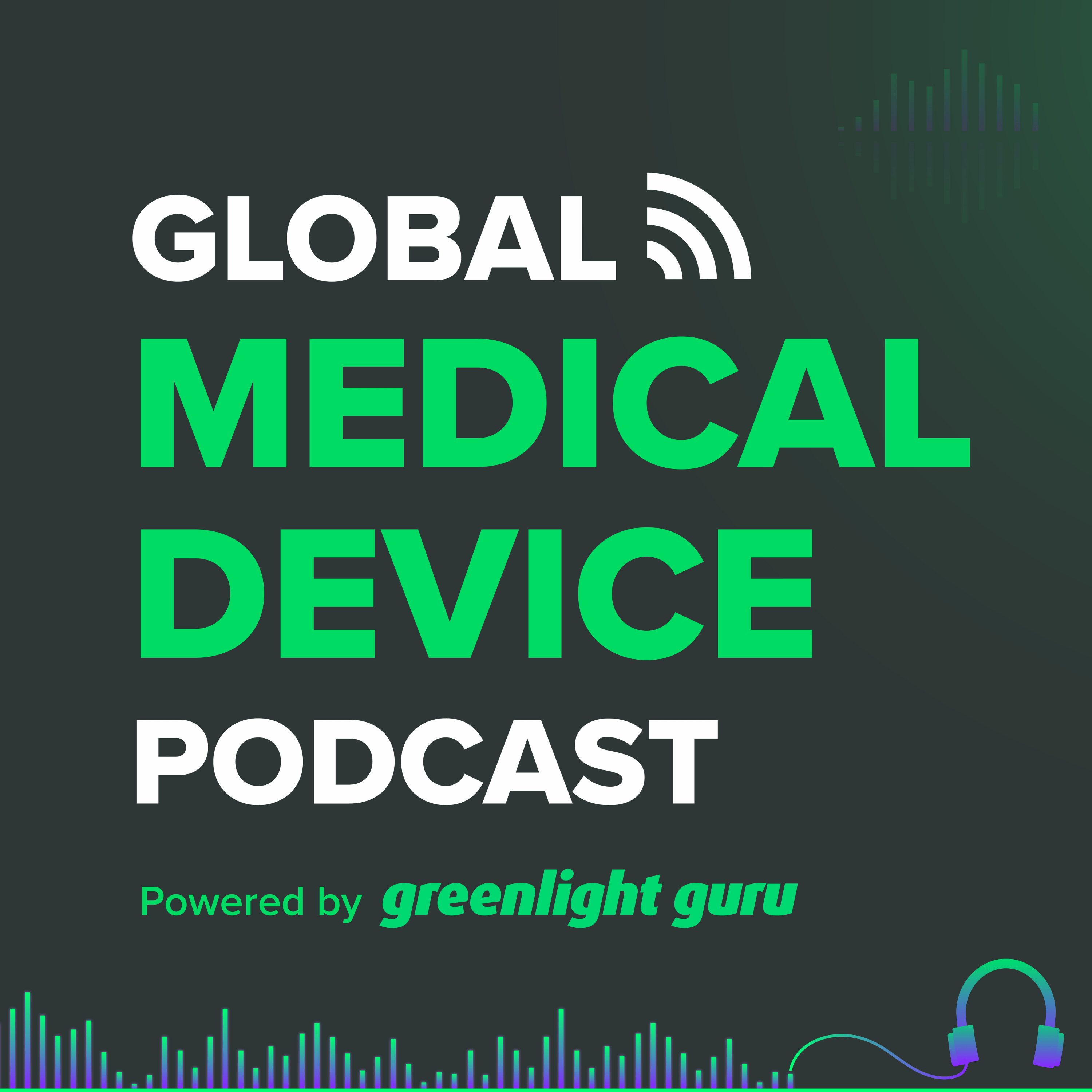Episode 129
What is FDA's ASCA Pilot Program and How Does it Impact Medical Device Manufacturers?
FDA announced the launch of a new program for test lab accreditation that will evaluate medical devices for conformity to specific consensus standards recognized by the regulatory agency.
The Accreditation Scheme for Conformity Assessment (ASCA) Pilot Program allows third party testing laboratories to become eligible for accreditation to FDA-recognized consensus standards upon their evaluation of device safety and efficacy.
Today’s guest is Mike Drues of Vascular Sciences, who joins Jon Speer to discuss the nuances of this pilot program, as well as provide insights and opportunities that can help device makers.
Some of the highlights of the show include:
- Medical device companies have three options: Select accredited/certified testing lab, select non-accredited/non-certified testing lab, or conduct their own testing.
- There are definite advantages to selecting accredited/certified testing labs through the ASCA Pilot Program.
- How does the ASCA Pilot Program compare to Digital Health Software Pre-certification? Minor changes can be implemented without FDA approval.
- The device manufacturer is ultimately responsible for inclusion of appropriate device testing information and standards are selected and used properly.
- The ASCA Pilot Program is voluntary, but should it be mandatory to avoid major complications and conflict of interest?
- FDA pilot programs often languish and guidances remain in draft form. The government is known for taking its time, but it makes sense to perform tests.
- Why is ASCA Pilot Program important? What’s in it for medical device professionals? Depends on device competition and selected testing option.

